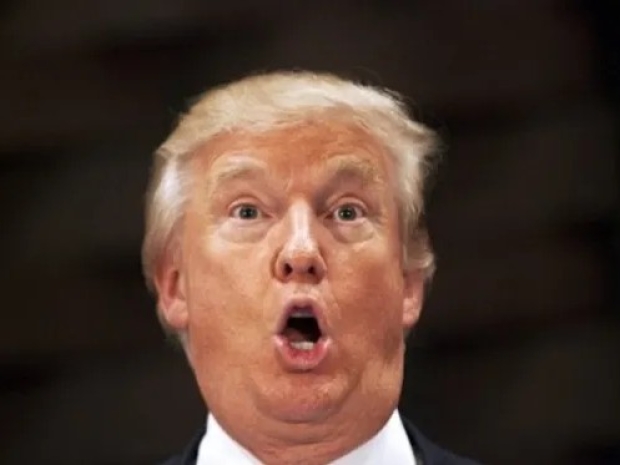The trio have warned that fresh import taxes on chips, gear, and materials could backfire badly and throw a spanner into America's already fragile chip dominance.
In comments filed with the US Commerce Department, Intel argued that wafers made domestically or with American intellectual property should be granted tariff exemptions. It also wants raw materials used in chip manufacturing kept out of the crosshairs, warning that “such tariffs could unnecessarily increase costs and undermine domestic manufacturing goals.”
Qualcomm warned that “any retaliatory actions against American companies could threaten US global semiconductor leadership,” highlighting that AI and 6G leadership hang in the balance. The chip designer added that “even minor disruptions can give an immeasurable technological edge to our foreign competitors,” particularly if other countries respond by scrubbing US content from their systems.
Micron, meanwhile, backed the same line as Intel but emphasised that finished products like SSDs and memory chips are already at risk. It warned that without exemptions, “our US-manufactured products could be treated similarly to those of foreign-based semiconductor manufacturers despite all R\&D conducted in America.”
The comments echoed warnings from TSMC, which previously told the Trump team that its investments in US fabs could take a hit if tariffs drive down demand. TSMC said, “any tariffs or other import restrictions should be imposed with realistic adjustment times for TSMC Arizona and other US businesses and investors who have already committed to substantial US semiconductor production.”
TSMC also warned that if tariffs hit older tech, still widely used in support of newer chipsets, it could limit sourcing, drive up costs and stifle demand, which in turn would jeopardise its Arizona plans.
Intel agrees and wants tariff exemptions for manufacturing tools, critical materials, and anything with limited domestic alternatives. It also wants Washington to avoid what it calls "tariff stacking" by ensuring new taxes replace old ones, not pile on top.




